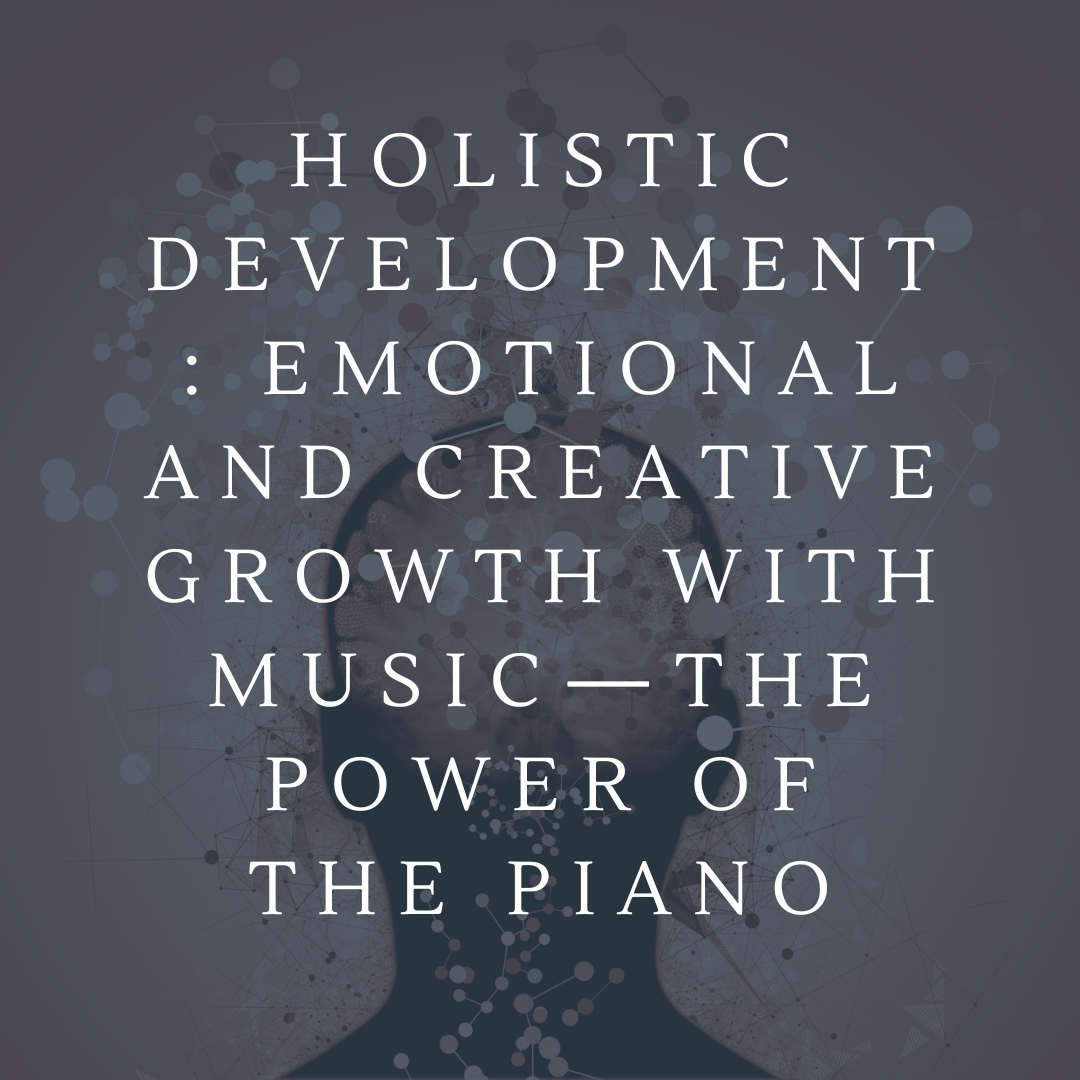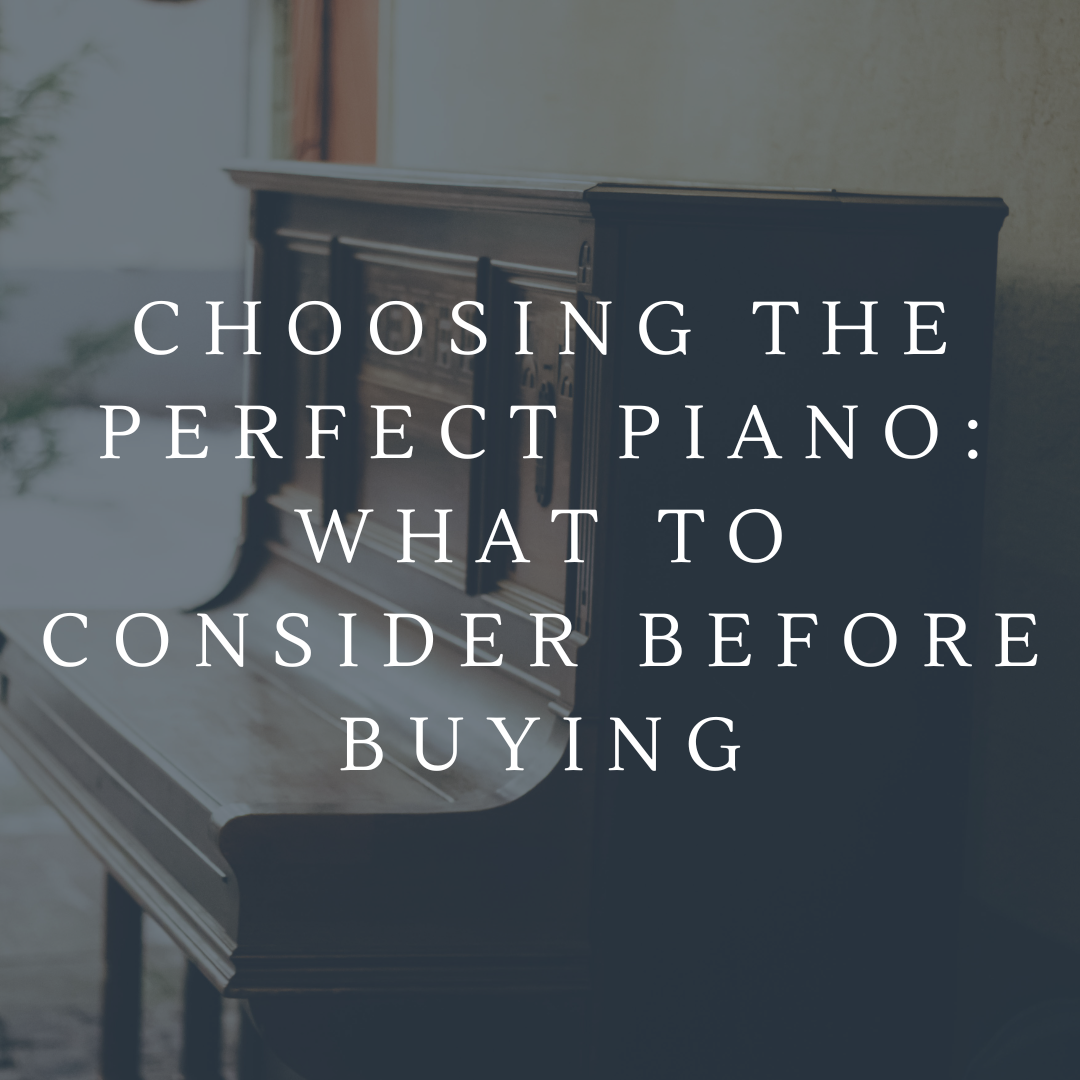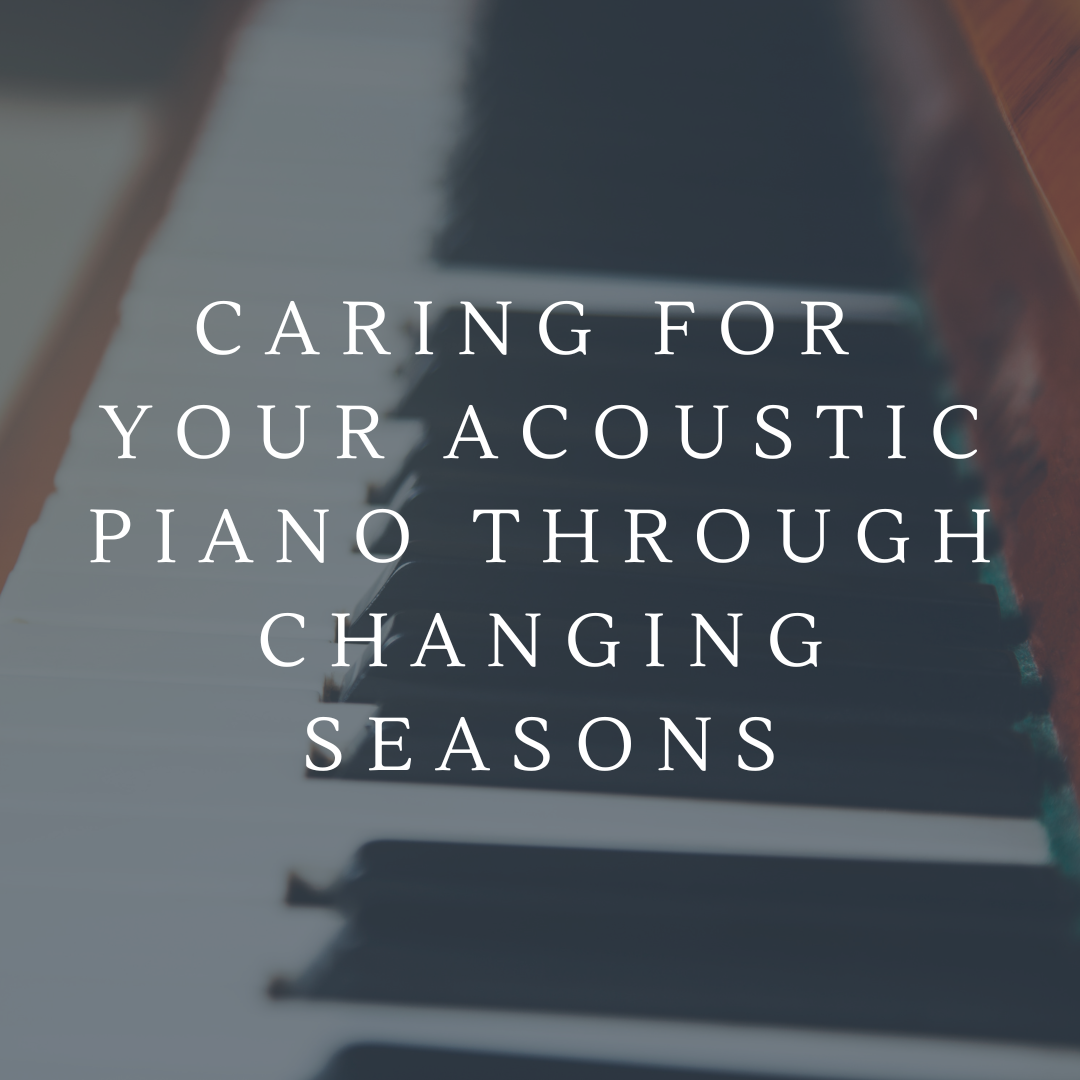
Are you thinking of surprising your loved ones with a piano this Christmas? If so, you might be wondering how to choose the best piano for your budget, space, and musical preferences.
To help you out, we have compiled some tips and advice on how to buy a piano that will bring joy and harmony to your home.
The first thing you need to consider is whether you want an acoustic or a digital piano. Acoustic pianos are the traditional instruments that produce sound by striking strings with hammers. They have a rich and complex tone that is hard to replicate with electronics. Digital pianos are electronic devices that simulate the sound and feel of acoustic pianos using samples and sensors.
There is no definitive answer to which type of piano is better. It depends on your personal preferences, goals, and circumstances. Here are some questions to ask yourself before making a choice:
Once you have decided between an acoustic or a digital piano, you need to choose the right size and model for your needs. There are different types of acoustic and digital pianos that vary in size, shape, design, features, and quality.
For acoustic pianos, the main types are uprights and grands. Uprights are vertical pianos that have the strings and hammers inside a wooden case. They are more compact and affordable than grands, but they have less resonance and power. Grands are horizontal pianos that have the strings and hammers under a lid that can be opened or closed. They are more spacious and expensive than uprights, but they have more resonance and power.
For digital pianos, the main types are keyboards, stage pianos, console pianos, and hybrid pianos. Keyboards are the smallest and cheapest type of digital piano. They have fewer keys (usually 61 or 76) and less realistic action (the way the keys respond to pressure) than other types. They are good for beginners or casual players who want portability and convenience. Stage pianos are designed for professional performance. They have full-size keys (88) and realistic action (weighted or hammer action) that mimic acoustic pianos. They also have high-quality sound engines and effects that can be customized with pedals and controllers. They are good for advanced players who want versatility and quality. Console pianos are designed to look like acoustic uprights or grands. They have full-size keys (88) and realistic action (weighted or hammer action) that mimic acoustic pianos. They also have built-in speakers and cabinets that enhance the sound quality and appearance. They are good for intermediate players who want realism and elegance. Hybrid pianos are a combination of acoustic and digital technology. They have real strings and hammers that produce sound acoustically, but they also have sensors and electronics that allow for digital features such as tuning, recording, metronome, etc. They are good for experienced players who want the best of both worlds.
When choosing the size and model of your piano, you should consider your available space, budget, skill level, musical style, and personal taste.
The best way to find out if a piano is right for you is to try it out yourself. You should visit different stores or showrooms where you can see, hear, touch, and play different pianos in person. You should also compare different brands and models to see which ones suit your preferences.
When trying out a piano, you should pay attention to these aspects:
You should also ask the seller or dealer about the history, warranty, delivery, and service of the piano. How old is the piano? Who owned it before? How often was it tuned and maintained? What is the warranty policy? How will the piano be delivered and installed? How will the piano be serviced and repaired?
Playing a piano can improve your creativity, memory, concentration, coordination, mood, and health. Learning a piano can expand your knowledge, skills, culture, and horizons.
To get the most out of your piano, you should take good care of it and use it regularly. You should tune and clean your piano at least once a year to keep it in optimal condition. You should also practice and play your piano every day to keep it in tune and to improve your musical abilities.
Buying a piano for Christmas is a wonderful gift that can bring joy and harmony to your home. By following these tips and advice on how to buy a piano that will suit your needs and preferences, you can make an informed and confident decision that will make you and your loved ones happy.
If you have any questions about buying a piano for Christmas, please feel free to contact us. We would love to hear from you!
Happy playing!
Comments will be approved before showing up.

Music has long been recognized as a powerful tool for emotional and creative growth. Among all musical instruments, the piano stands out as a gateway to self-expression, cognitive development, and emotional well-being. Whether you're a beginner learning your first melody or a seasoned pianist composing intricate harmonies, playing the piano fosters holistic development in ways that go beyond the keys.

Buying a piano is an exciting and significant investment, whether you’re a seasoned pianist or just starting your musical journey. With so many options available, it’s important to choose one that fits your needs, budget, and space. Here’s a comprehensive guide to help you navigate the process.

Your piano isn’t a piece of furniture; it’s an heirloom, a creative outlet, and an investment. Protecting it from the effects of the changing seasons ensures it remains a source of joy and music for years to come.